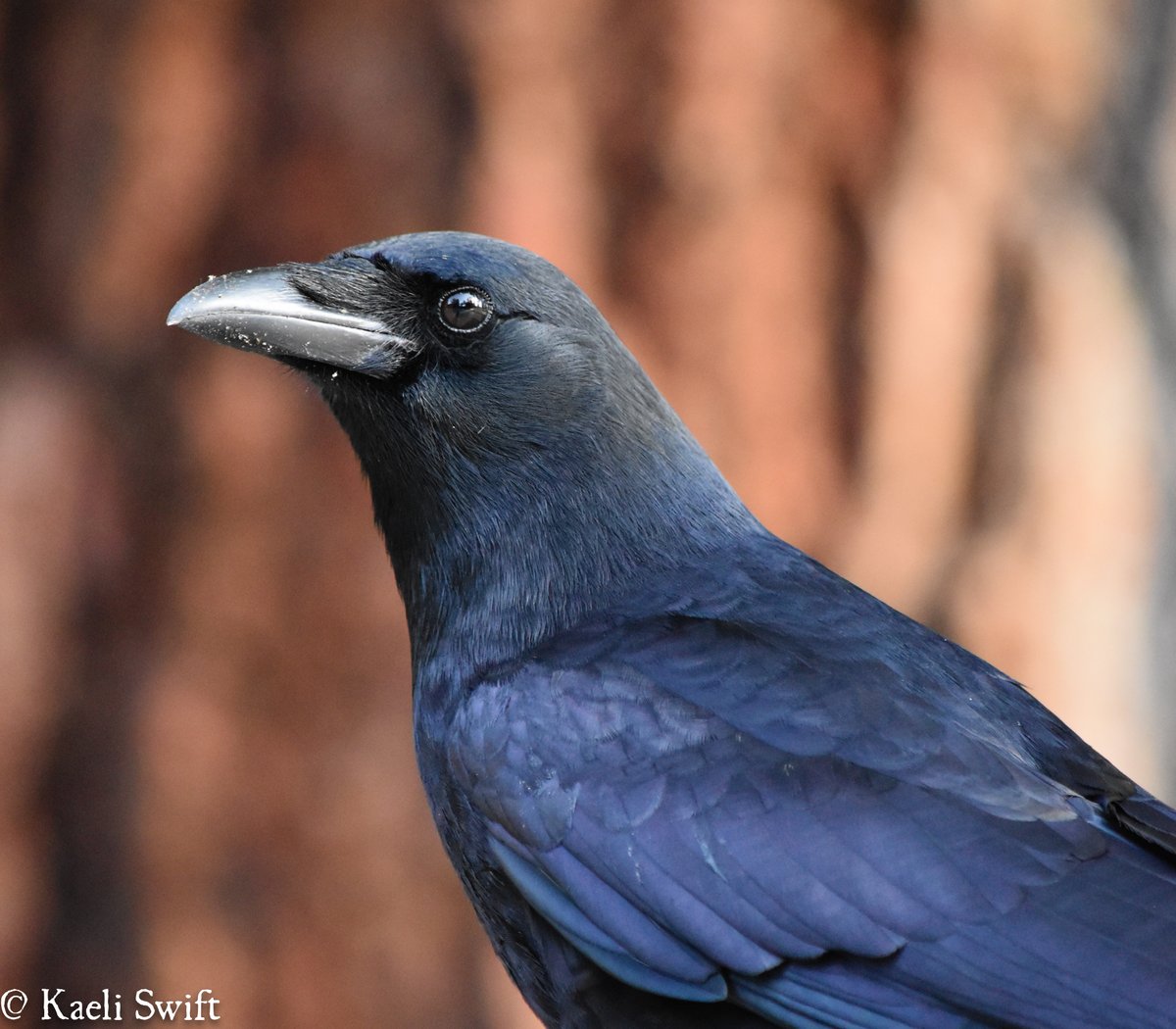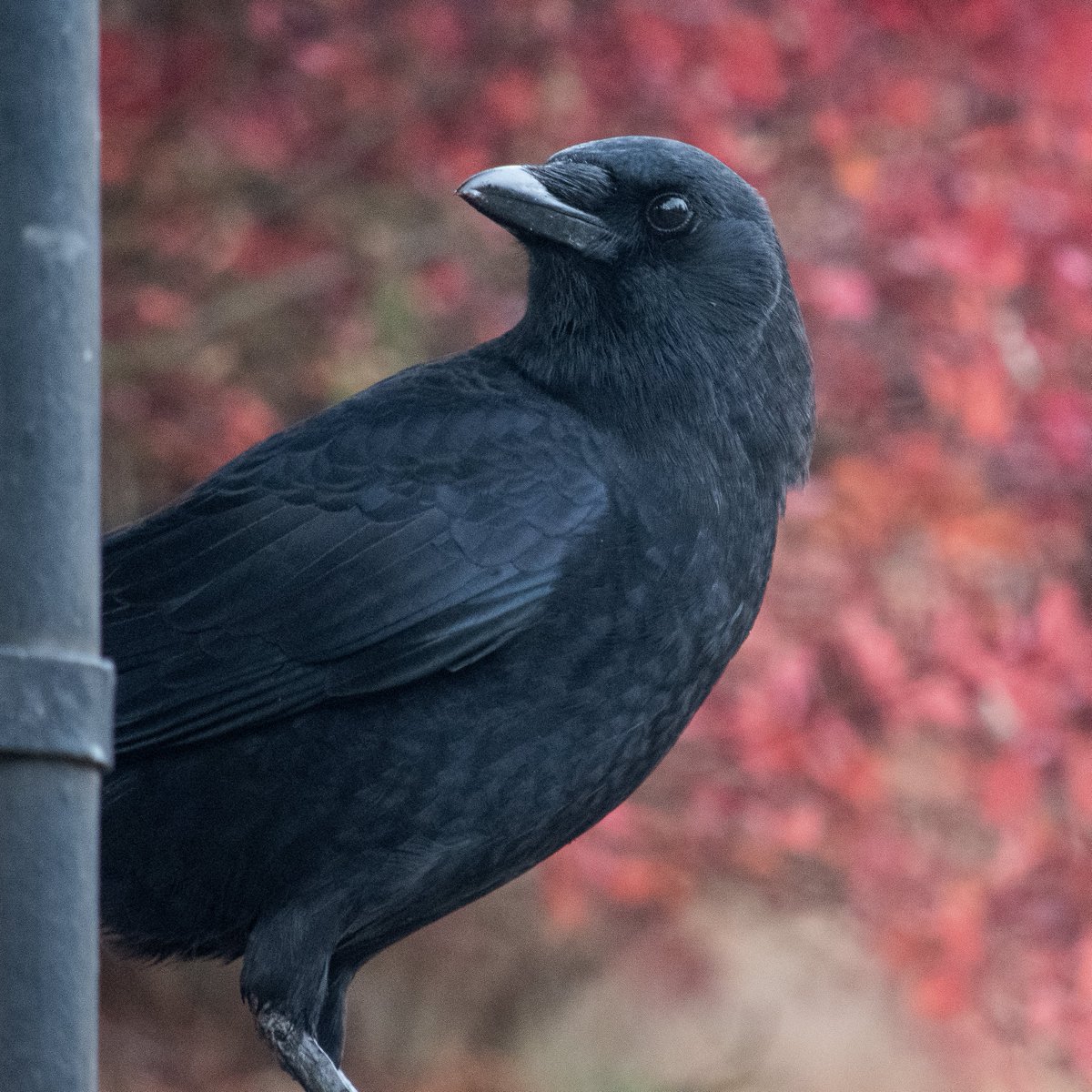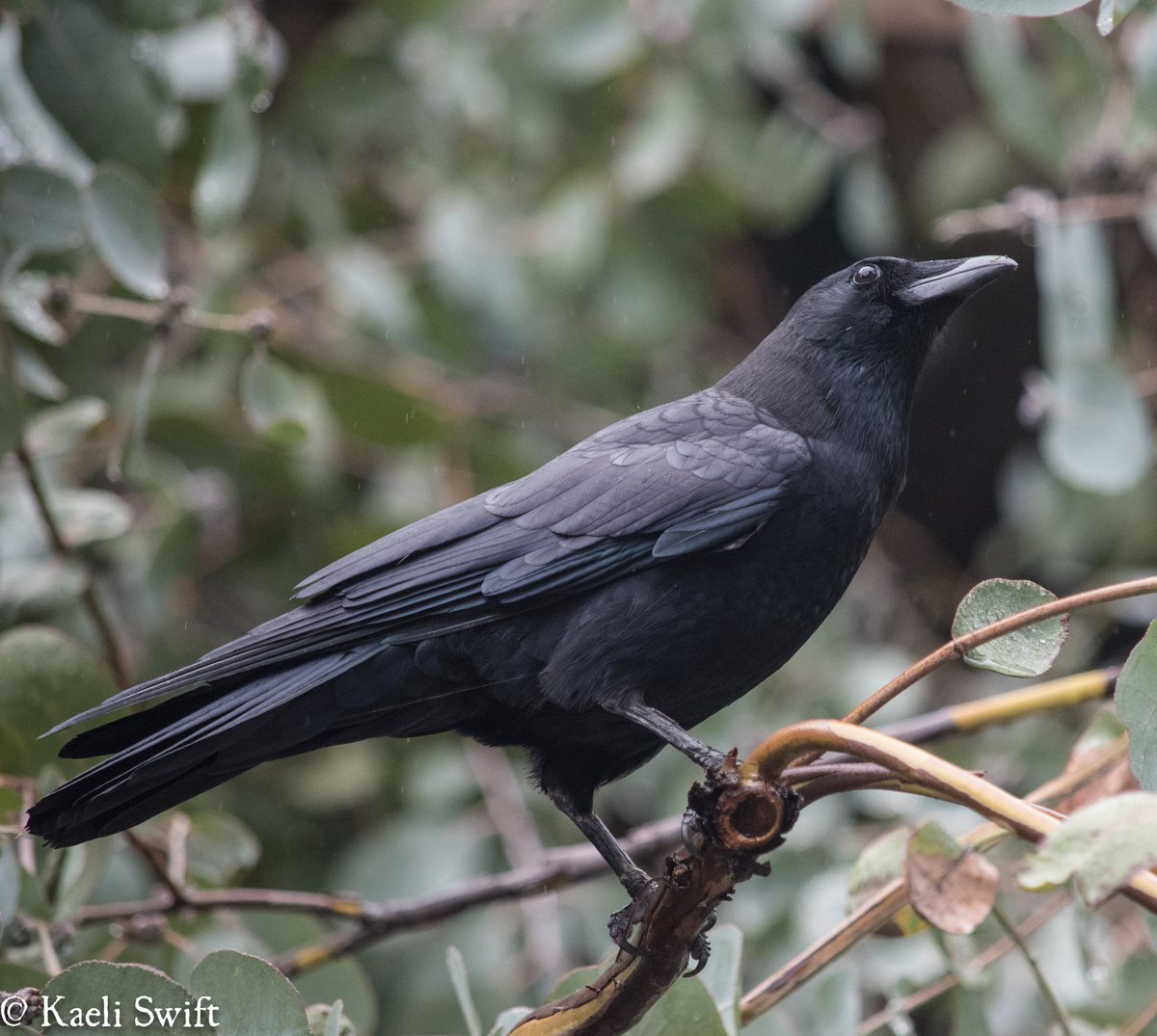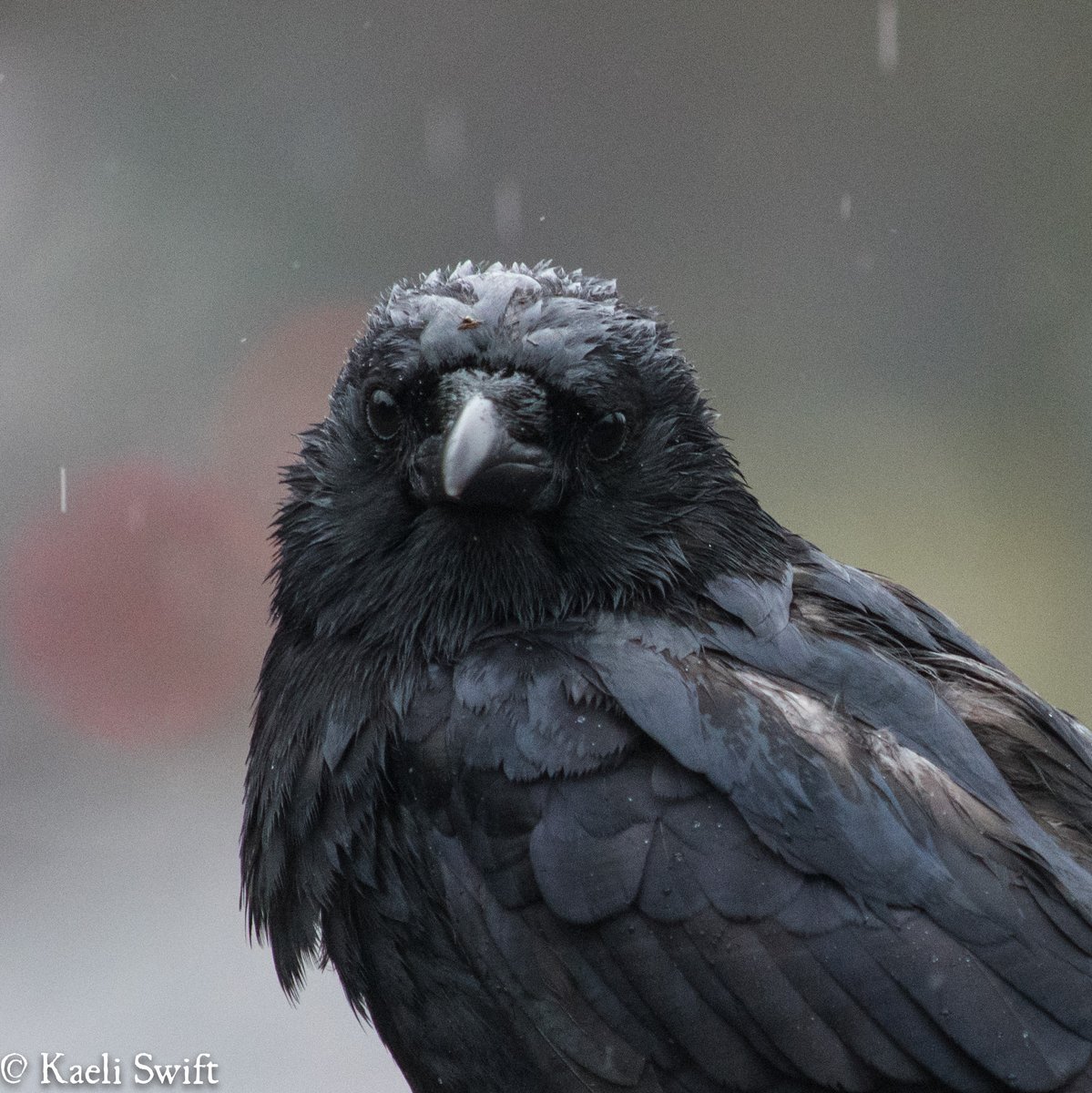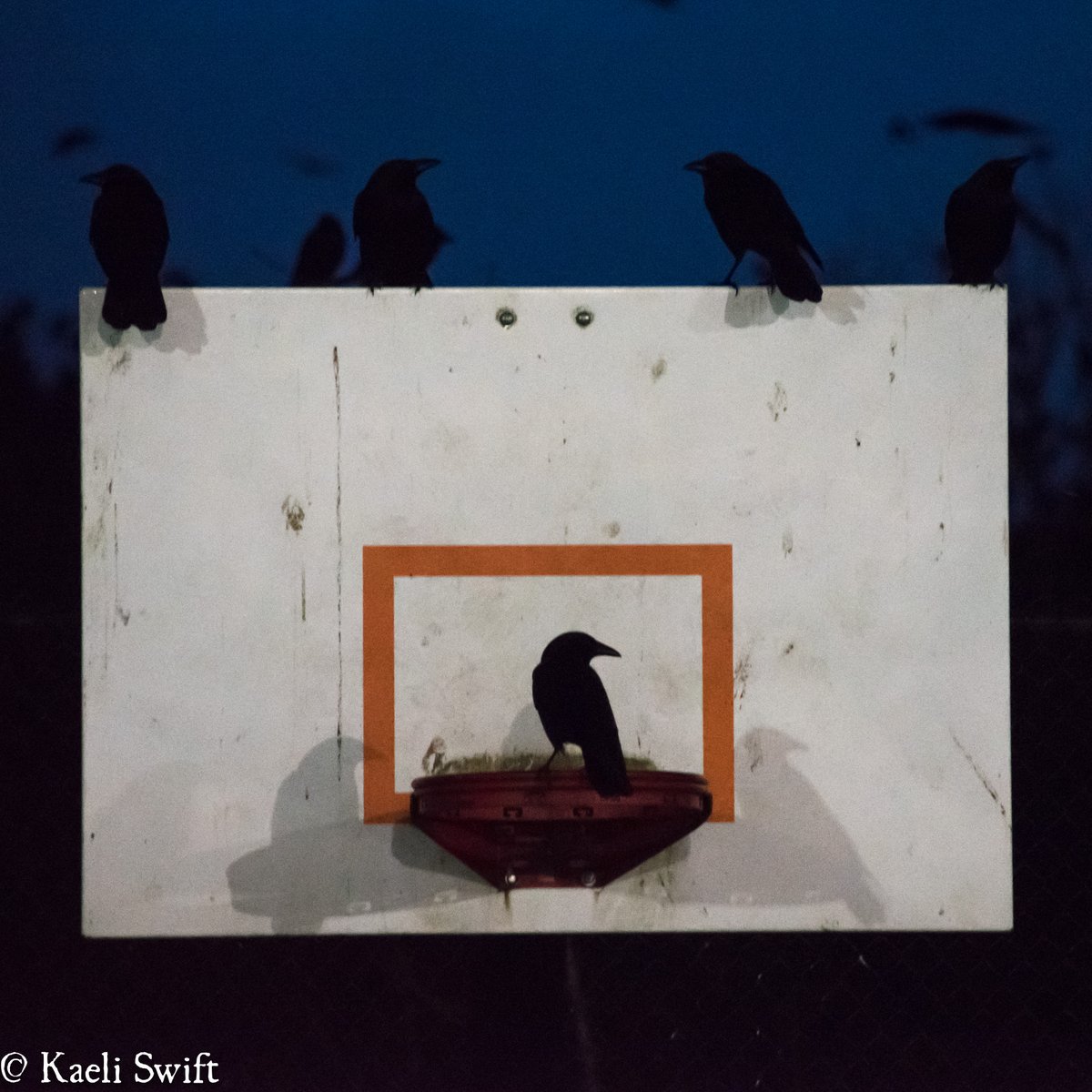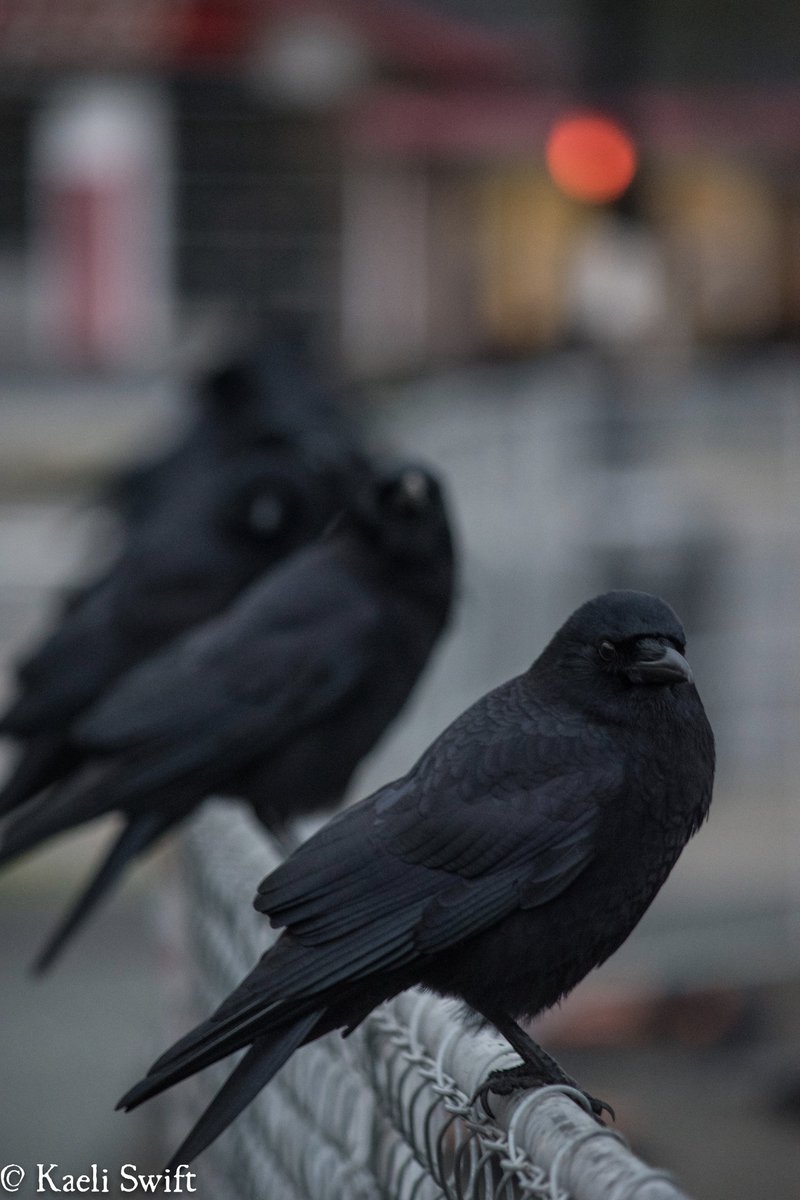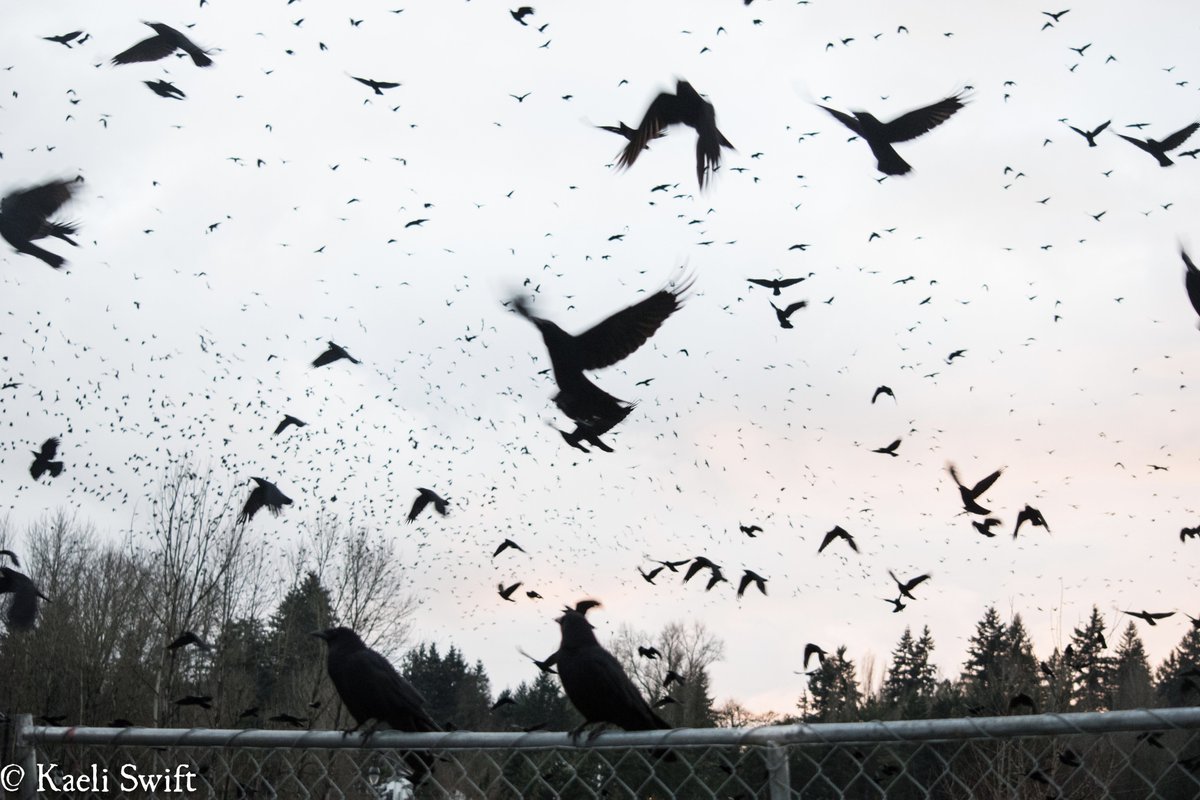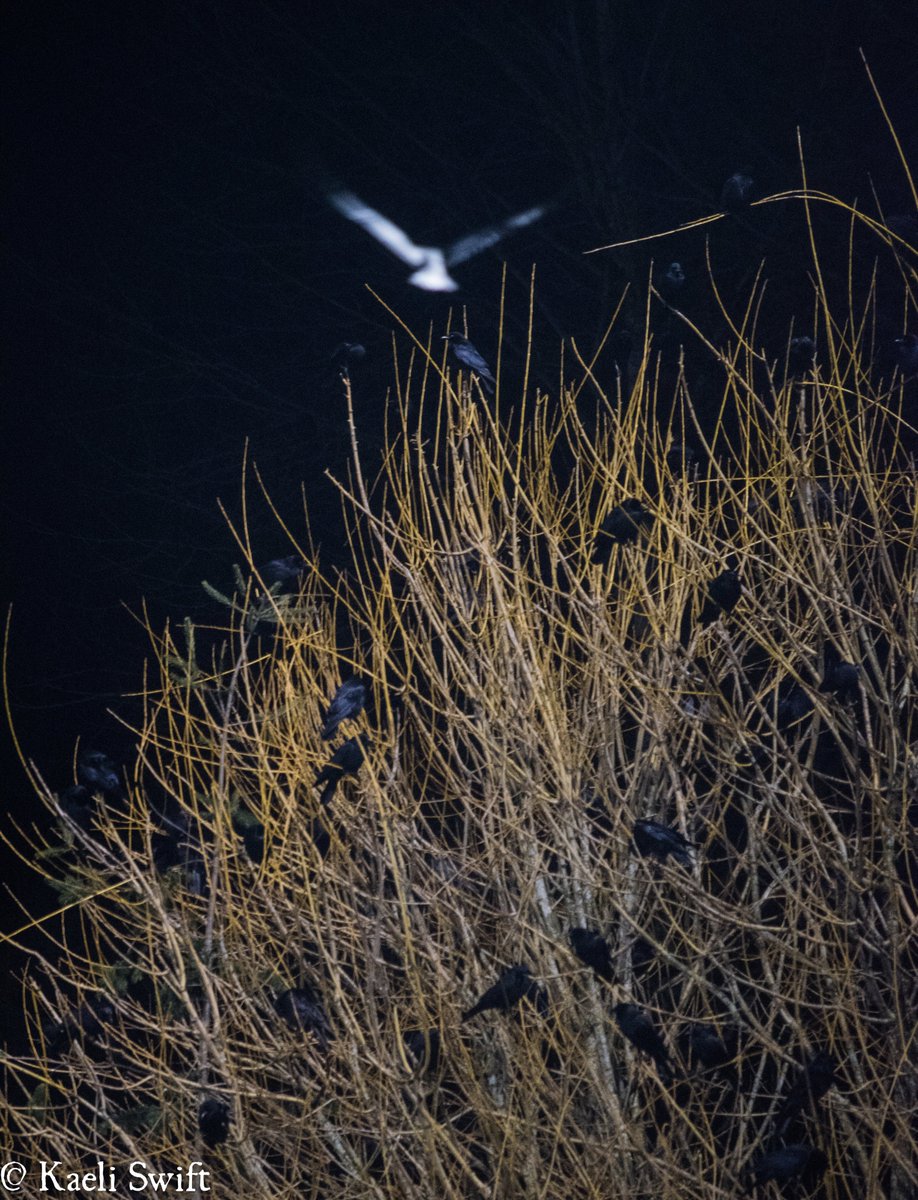
Last night I learned that there’s an animal called the cookiecutter shark and...
please.
Let me take you on this journey to knowing this adorable deep sea flesh collector. 📸 Jeff Milisen
please.
Let me take you on this journey to knowing this adorable deep sea flesh collector. 📸 Jeff Milisen
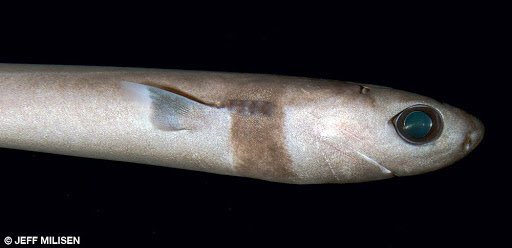
With “cookie” in the name & the face of an absolute GOOBER one might be inclined to think that the magic here is that this is just an extra cute shark. At < 2ft long and with those big button eyes, you’re not wrong but you are missing some essential facts of the situation.
See “cookiecutter” comes not from the animal’s silhouette or general vibe, but from its very specific and rather unique hunting strategy. It’s basically a living melon baller. Except instead of melons it’s flesh. Awesome!
There are two species of cookiecutter sharks, but both have the same general mouth anatomy: suction cup lips, small hook-like upper teeth, and on the bottom a row of big mouth knives. 📸 George Burgess 

Using their sucker like lips and upper teeth, they hook themselves to they prey, then spin themselves around and use their lower jaw to carve out a perfect mound of flesh, leaving their prey looking as if they were just attacked by a demonic baker.
While gory, given the much larger size of their prey, these bites are not usually fatal, which means these sharks are technically parasites. The only of their kind! (Tuna: John Soward, great white: Mauricio Hoyos, leopard seal: Martin Lange) 





It’s not all melon balling though, they can also eat whole prey items including squid and crustaceans. So don’t try and pigeon hole their foraging strategy!
Given that they go after animals like great-white sharks and orcas, it may not be a surprise that these animals are pretty open minded when it comes to selecting prey. They’ve even been known to attack nuclear submarines!
In 1978, a decade after their foraging habits were first documented, Scott Johnson finally realized that it was these small sharks that were hacking chunks off the soft parts of subs, sometimes debilitating them. Fiberglas covers later eradicated this problem.
Like most sharks, to keep their lil razor teefth nice and sharp, they loose and replace them regularly. But unlike everyone else they don’t lose them one at a time, they lose whole rows of teeth at once. And they SWALLOW THEM. Because calcium we guess?
So at this point I could wrap up this thread and you’d already be like, well hello new favorite animal.
But there’s more. Weird glowing more!
But there’s more. Weird glowing more!
Like all other kitefin sharks, the undersides of cookiecutter sharks are equipped with rows of bioluminescent photophores. Why? Well....🤷♀️🤔
See, unlike other kitefins, cookiecutters have a band around their neck (their “dog collar”) that lacks these glowing photophore cells. This effectively breaks up their glowing pattern into two smaller sections.
For a long time this was thought to attract their megafauna prey by fooling them into thinking they had spotted some unsuspecting small fish. When they go to strike, the cookie cutter strikes first, leaving whatever critter they had fooled missing more than just a meal.
The problem with this though, is that most of the animals the cookie cutters are supposedly fooling are either filter feeders or are so large, that the shark breaking up their already small silhouette into two pieces wouldn’t matter.
So why do they glow? Like lantern sharks, it probably has more to do with camouflage and defense than attracting prey. As for that curious dog collar, it’s thought that it’s used for social recognition. But the jury is still out. nature.com/articles/srep0…
Panning way out to the 30,000ft perspective, sharks of all kinds are generally under appreciated and in need of more love.
So, if you’re interested in learning more about sharks, please check out folks/orgs like
@soFISHtication @WhySharksMatter
@MISS_Elasmo
So, if you’re interested in learning more about sharks, please check out folks/orgs like
@soFISHtication @WhySharksMatter
@MISS_Elasmo
In fact, towards the end of researching out this thread, I discovered that @soFISHtication covered cookiecutters in her amazing Animal Facts series earlier this summer (how did I miss this????). Check it out for even more info!!!!
https://twitter.com/soFISHtication/status/1272313653321019392
• • •
Missing some Tweet in this thread? You can try to
force a refresh





